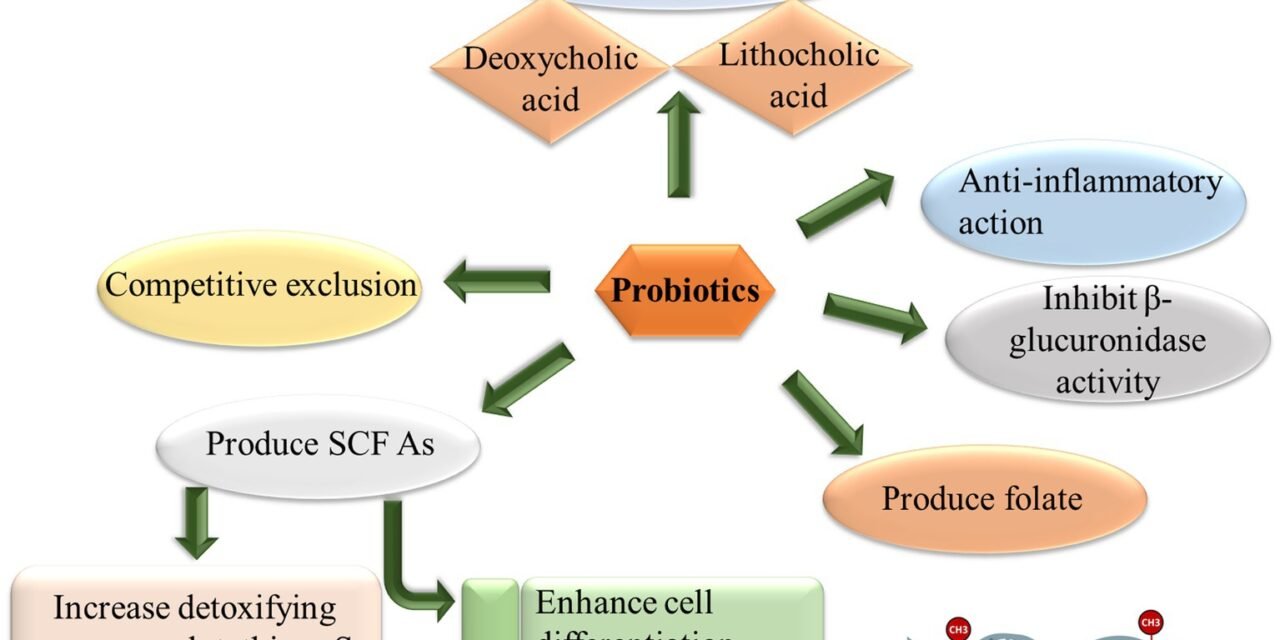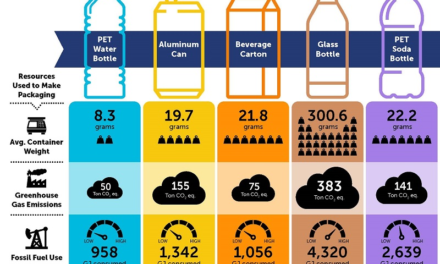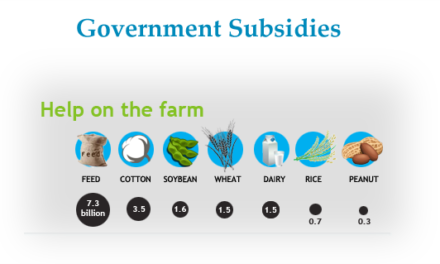Probiotics play a significant role in driving demand for functional dairy products, as they align with consumer preferences for health-enhancing and natural foods. Their presence in dairy products transforms them into functional foods, which provide additional health benefits beyond basic nutrition. Here’s how probiotics influence demand:
1. Health and Wellness Trends
- Gut Health Awareness: Probiotics are known to improve digestive health by maintaining a healthy gut microbiome, which appeals to health-conscious consumers.
- Immune System Support: Probiotics are linked to enhanced immunity, which has gained heightened importance, especially post-COVID-19.
- Mental Health Connection: Emerging research on the gut-brain axis highlights the role of probiotics in improving mental well-being, driving interest among consumers seeking holistic health solutions.
2. Natural and Clean Label Movement
- Perceived Naturalness: Probiotics align with the consumer demand for natural, minimally processed products.
- Clean Labels: Functional dairy products containing probiotics often have fewer artificial additives, appealing to consumers who prioritize clean-label foods.
3. Product Diversification
- Variety of Offerings: Probiotics are incorporated into a wide range of dairy products, including yogurt, kefir, cheese, and fortified milk, increasing options for consumers.
- Targeted Solutions: Functional dairy products are marketed for specific needs, such as lactose intolerance, digestive health, or enhanced energy, broadening their appeal.
4. Scientific Backing and Consumer Trust
- Research-Driven Claims: The health benefits of probiotics are supported by scientific studies, making consumers more confident in their efficacy.
- Regulatory Approvals: Probiotic claims are increasingly validated by health authorities, bolstering consumer trust.
5. Appeal to All Age Groups
- Children: Products with probiotics are marketed to support growth and immunity in children.
- Adults: Probiotic-rich dairy appeals to adults for maintaining digestive health and overall wellness.
- Seniors: The aging population is particularly drawn to probiotics for managing gut health, reducing inflammation, and enhancing bone health.
6. Global and Regional Trends
- Rising Global Popularity: Probiotic dairy products are increasingly popular in regions with a growing health-conscious middle class, such as Asia-Pacific and Latin America.
- Cultural Relevance: Probiotics have traditional ties to fermented dairy products in many cultures (e.g., yogurt, lassi), which boosts their acceptance.
7. Integration with Lifestyle Trends
- Fitness and Diets: Probiotics complement health trends like high-protein diets, weight management, and fitness routines.
- On-the-Go Options: Functional dairy products with probiotics are available in portable formats, catering to busy lifestyles.
8. Innovation and Marketing
- Flavored and Fortified Options: Innovative flavors and additional nutrients enhance the appeal of probiotic products.
- Digital Marketing: Brands leverage social media and influencers to highlight the benefits of probiotics, increasing awareness and demand.
Probiotics have become a cornerstone of the functional dairy market, meeting consumer needs for health, convenience, and natural nutrition while fostering a growing segment of the dairy industry.









